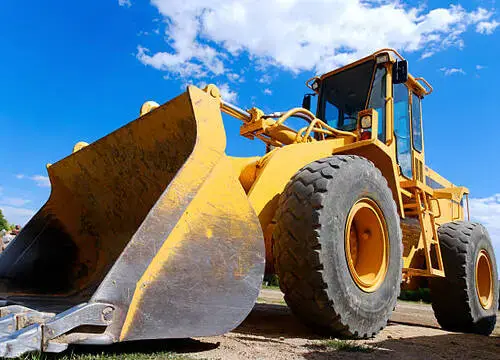
Explore the diverse world of hydraulic valves
2024-05-15Hydraulic valves, as the core control components in hydraulic systems, play a vital role in modern industry and machinery manufacturing. They are responsible for controlling the flow, direction and pressure of hydraulic oil to provide power and control to equipment. With the advancement of science and technology and the continuous increase in demand, the types and functions of hydraulic valves have become more and more diversified, bringing more efficient, precise and intelligent control solutions to the hydraulic system.

一、 Classification of hydraulic valves
1. Directional valve: controls the flow direction of hydraulic oil
Directional valve is the most basic valve in the hydraulic system, mainly used to control the flow direction of hydraulic oil. Common directional valve types include:
• Manual directional valve: Controlled by handle or button, operation is simple and intuitive.
• Electro-hydraulic directional valve: controlled through electrical signals, capable of remote control and automated control.
• Hydraulic directional valve: Controlled by hydraulic signals, often used for series control or multi-channel control.
Directional valves are widely used in various hydraulic systems, such as excavators, bulldozers, hydraulic presses, etc.
2. Pressure valve: controls the pressure of the hydraulic system
The pressure valve is mainly used to control the pressure of the hydraulic system to prevent the pressure from being too high or too low to protect the hydraulic system and equipment. Common pressure valve types include:
• Relief valve: When the pressure of the hydraulic system exceeds the set value, the relief valve automatically opens to release part of the hydraulic oil and reduce the pressure.
• Pressure reducing valve: Reduces the pressure of high-pressure hydraulic oil to the required low pressure, often used for series control or multi-channel control.
• Safety valve: When the pressure in the hydraulic system rises abnormally, the safety valve automatically opens and releases all the hydraulic oil to prevent system damage.
Pressure valves are widely used in various hydraulic systems, such as injection molding machines, hydraulic cylinders, hydraulic motors, etc.
3. Flow valve: controls the flow of hydraulic oil
The flow valve is mainly used to control the flow of hydraulic oil to ensure that the hydraulic system can provide hydraulic oil on demand. Common flow valve types include:
• Throttle valve: Controls the flow by adjusting the size of the throttle hole, and has good regulating performance.
• Relief valve: When the flow rate exceeds the set value, the relief valve automatically opens to release part of the hydraulic oil and limit the flow rate.
• Proportional valve: It can adjust the flow rate according to the proportion of the input signal to achieve high-precision control.
Flow valves are widely used in various hydraulic systems, such as hydraulic transmission systems, hydraulic control systems, etc.
4. Other special valves
In addition to the common types of hydraulic valves mentioned above, there are also some hydraulic valves with special functions, such as:
• Reversing valve: Quickly switches the flow direction of hydraulic oil, often used in hydraulic transmission systems.
• Sequence valve: Controls the flow of hydraulic oil in a predetermined sequence and is often used in multi-channel control systems.
• Combination valve: Combine multiple valves together to achieve more complex control functions.
These special valves are usually used in specific situations to meet specific control needs.
二、 Development Trend of Hydraulic Valve
With the advancement of technology and increasing demand, hydraulic valves will develop in a more intelligent, efficient, environmentally friendly and reliable direction.
• Intelligent: Hydraulic valves will adopt intelligent control technology to achieve more precise, efficient and flexible control.
• High efficiency: Hydraulic valves will adopt energy-saving technology to improve system efficiency and reduce energy consumption.
• Environmental protection: Hydraulic valves will use environmentally friendly materials and processes to reduce the impact on the environment.
• Reliability: Hydraulic valves will adopt high-reliability design and manufacturing processes to improve the reliability and service life of the system.
The diversified development of hydraulic valves will bring broader development space for hydraulic systems and related application fields, and help achieve strategic goals such as industrial automation, intelligent manufacturing, and green development.




